How to Rule Your Own Country: The weird and wonderful world of micronations
NewSouth, $34.99 pb, 308 pp
Greed and crankery
There was a moment there, in the opening chapter of How to Rule Your Own Country: The weird and wonderful world of micronations, when I thought I was about to undertake an improving academic tour. The authors, Harry Hobbs and George Williams, are after all both legal academics. That first chapter has sections with earnest headings such as ‘What is a micronation?’ and ‘Why do people set up micronations?’. There are seemingly well-chosen quotations from experts, and a careful weighing up of definitions and opinions.
It turned out, however, that How to Rule Your Own Country is really a bit of a hoot, although one with a darker side. Hobbs and Williams suggest that people – almost always men – set up micro-nations for a range of reasons. Sometimes it is a joke, or an art project. Some micronations are born in protest, or utopian dreaming. Micronations might be a way of relieving boredom; others are designed to boost tourism or avoid tax. They have been a means of committing fraud. With the coming of the internet, several exist only online.
Interestingly, and for reasons that do not seem entirely clear, Australia produces a disproportionate share of the world’s micronations. Hobbs and Williams think that the larrikin tradition of a country that made a hero of Ned Kelly has something to do with it. The sheer size of the continent, the thinness of its population, and the ‘unthreatened’ nature of its sovereignty might have contributed, permitting the Australian authorities to view the claims of micronations with an amusement or indulgence that would not be offered in cases where there was seen to be a genuine threat of secession.
This interpretation possibly errs on the benign side. Another explanation might be that settler colonialism – the basis for that supposedly ‘unthreatened’ sovereignty – has become a rather ingrained habit among white settlers, a natural expression of a larrikin spirit that routinely ignores Aboriginal sovereignty. That said, there was a declaration of independence in 2013 by the Murrawarri Republic, comprising Indigenous peoples of the Queensland–New South Wales borderland.
Continue reading for only $10 per month. Subscribe and gain full access to Australian Book Review. Already a subscriber? Sign in. If you need assistance, feel free to contact us.



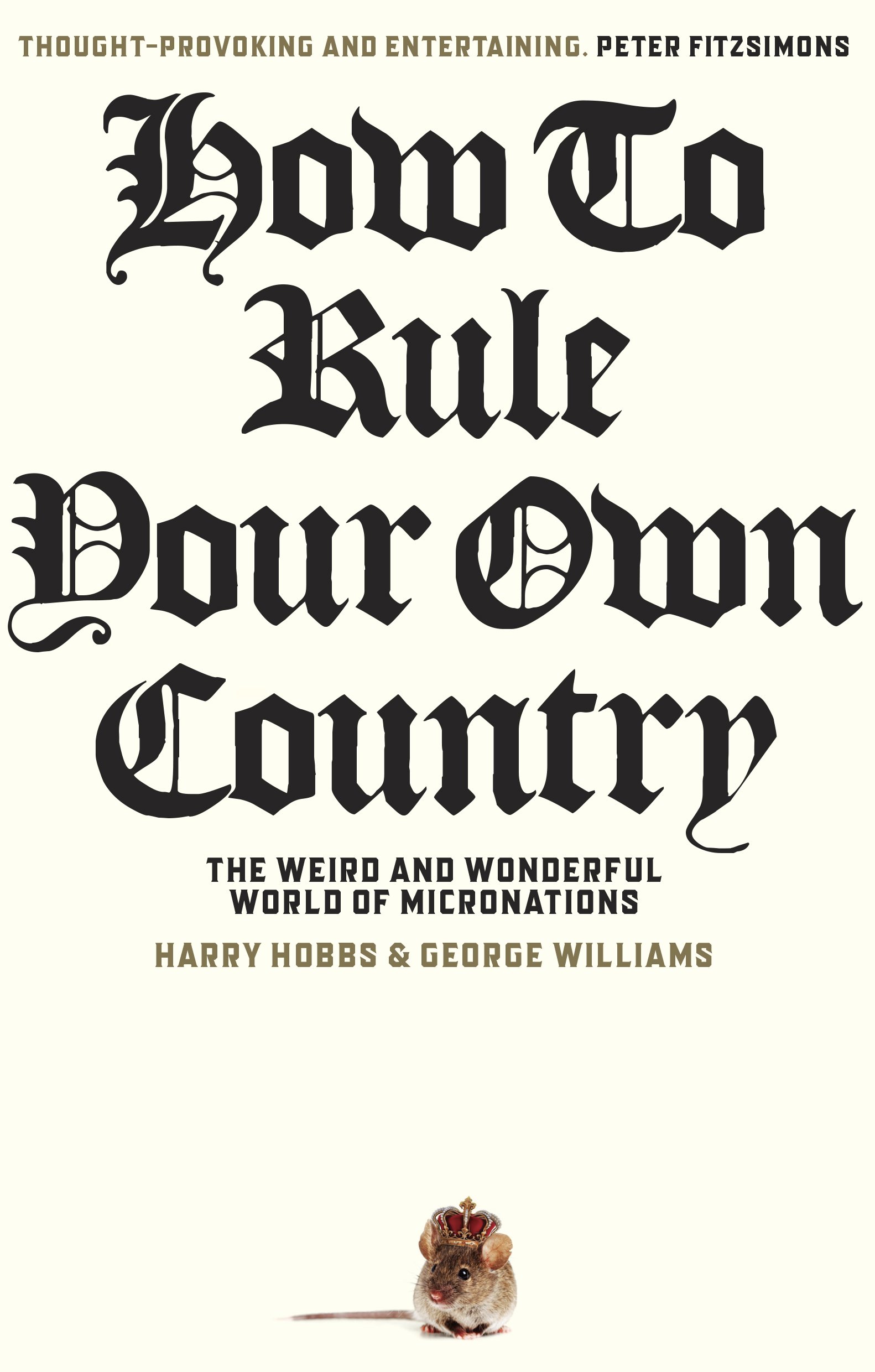




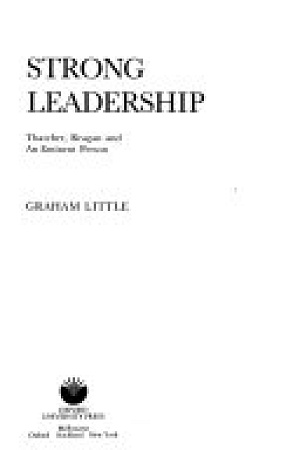
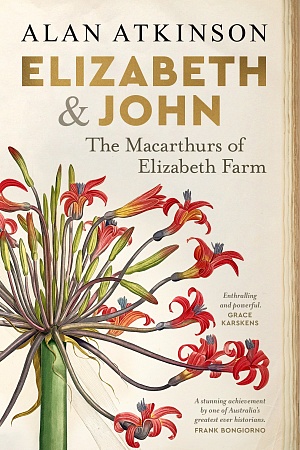
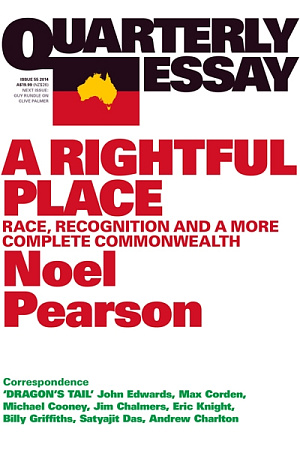
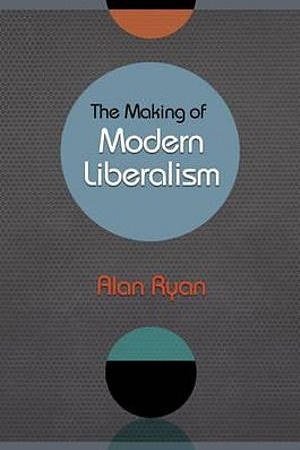
Leave a comment
If you are an ABR subscriber, you will need to sign in to post a comment.
If you have forgotten your sign in details, or if you receive an error message when trying to submit your comment, please email your comment (and the name of the article to which it relates) to ABR Comments. We will review your comment and, subject to approval, we will post it under your name.
Please note that all comments must be approved by ABR and comply with our Terms & Conditions.